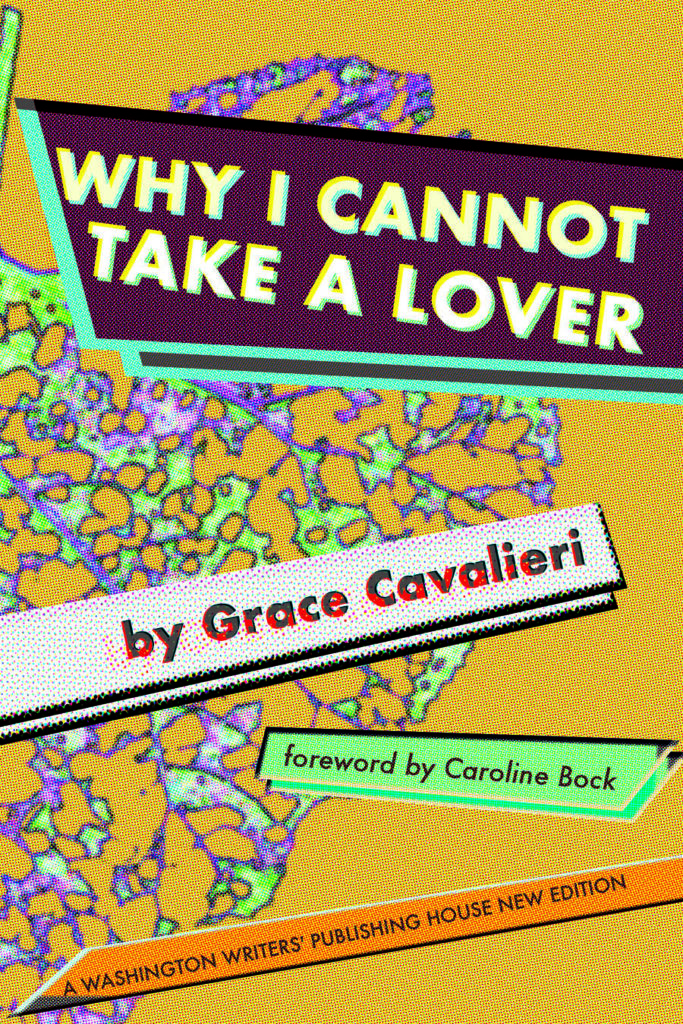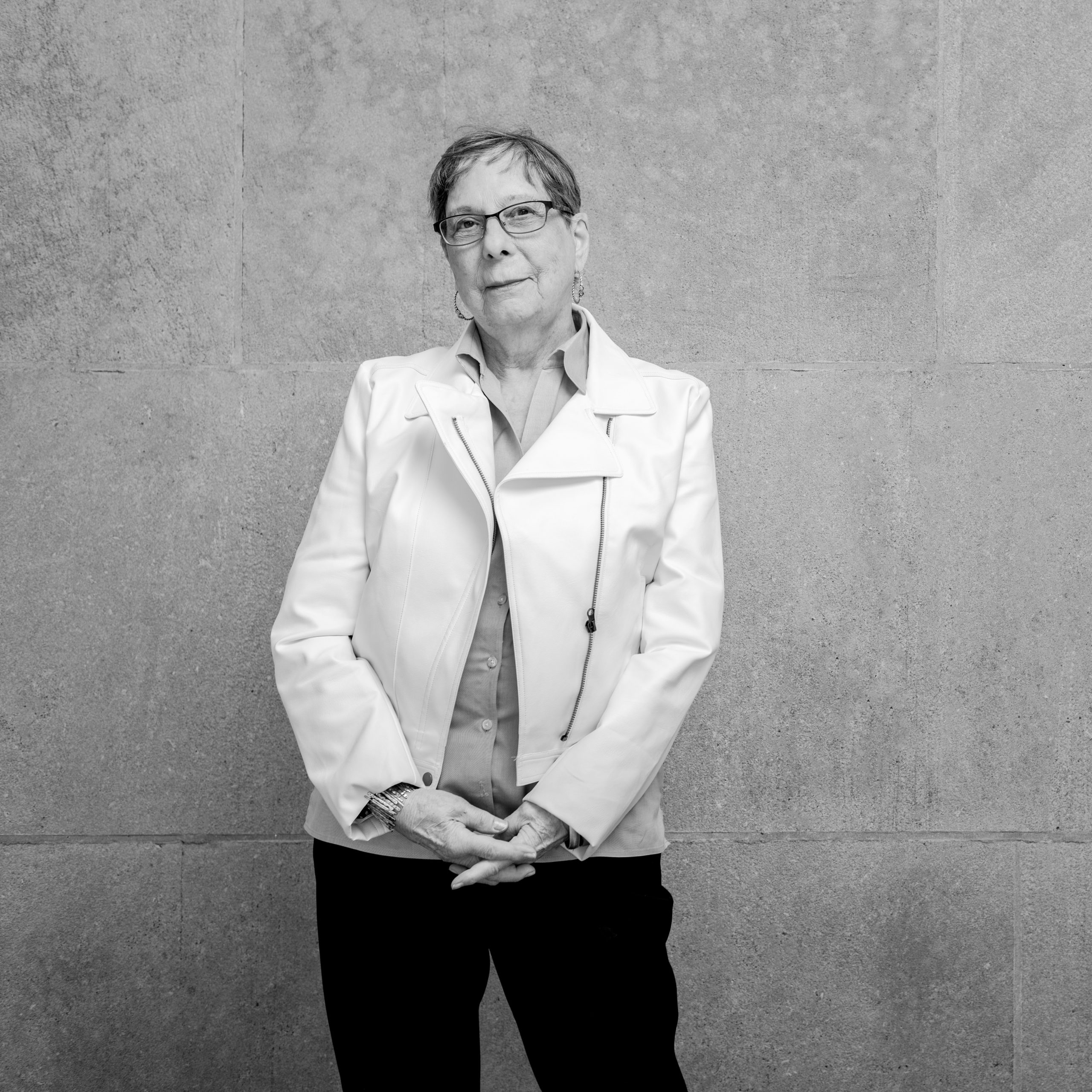
The new edition of the WWPH classic WHY I CANNOT TAKE A LOVER is available everywhere books are sold. As one of the co-founders of the Washington Writers’ Publishing House, we are thrilled to have Grace’s collection from 1975 in print again. Shop for it now here at Bookshop.org.
WWPH INTERVIEW WITH GRACE CAVALIERI
If you could pick one book that has changed your life as a poet, what would it be and why? If you could pick one book that has changed your life as a poet, what would it be and why? How do you view it? Is it a source of comfort, inspiration, or envy?
The poet who allowed me to be a writer was Edna St. Vincent Millay. From my teenage years, I was in love with her passion, lyricism, and bold truth. Remember, this was in the 1950’s when women didn’t speak publicly so honestly; and I championed Millay’s verbal ability and formal intelligence. Male critics ridiculed her, even my college professors, but I knew if something could penetrate the heart, its power could not be denied. I have many poets who guide me today, but I will never forget Edna St. Vincent Millay.
What would you caution your younger writerly self (or emerging writers) against?
I made every mistake in the book, on paper, and in-person, and I counsel everyone to do the same. Caution would kill the page. The opposite is what we wish for. Say it! Then remember every reader has felt the same: regret, ecstasy, shame, humiliation, vanity, hope. So why should we be afraid to name it? I think it is important to push oneself to write and push oneself to “present.” No one is going to invite the writer to the party so s/he/they must throw the party. Caution is anathema. Failure is better.
Do you have any writing quirks?
Yes, I have to have a cup of tea at my side. Shows my dependent personality.
Do you believe in muses? Have you ever had one?
Oh yes! We are not three-dimensional creatures sloshing about in the mud of civilization. We are divinely connected to the invisible, which is filled with voices and spirits and guides and angels who keep whispering. I pray to always listen—and better still, to hear.
You have written 26 collections and chapbooks of poetry. Looking to the horizon, what is your next project?
Twenty-six sounds like a lot, but several are chapbooks that house maybe 15 poems, and my strength and weakness is that I publish almost everything I write. Anyone can build a pile of paper (or litter) that way; it’s no great accomplishment. When I look back, however, I’m glad I did this as a record or emotional calendar. And I try not to feel shame at the unevenness. Howard Nemerov said we must love even “The short and ugly ones,” and so it was better to produce than hide the work, I think. But what’s next? I am struggling with Haiku, the most difficult of all poetic forms, and practicing this every day. My Selected & New Poems: THE LONG GAME is forthcoming this year, and that is my way of clearing the desk. Most of all, I intend to go on connecting disparate phrases and images I call poetry as that seems to be my necessity—my life force.
More on Grace Cavalieri here.

